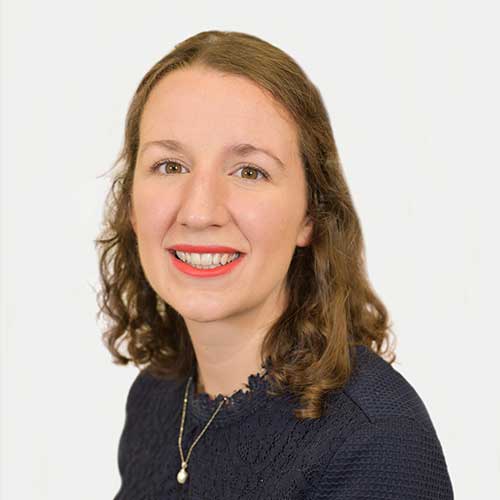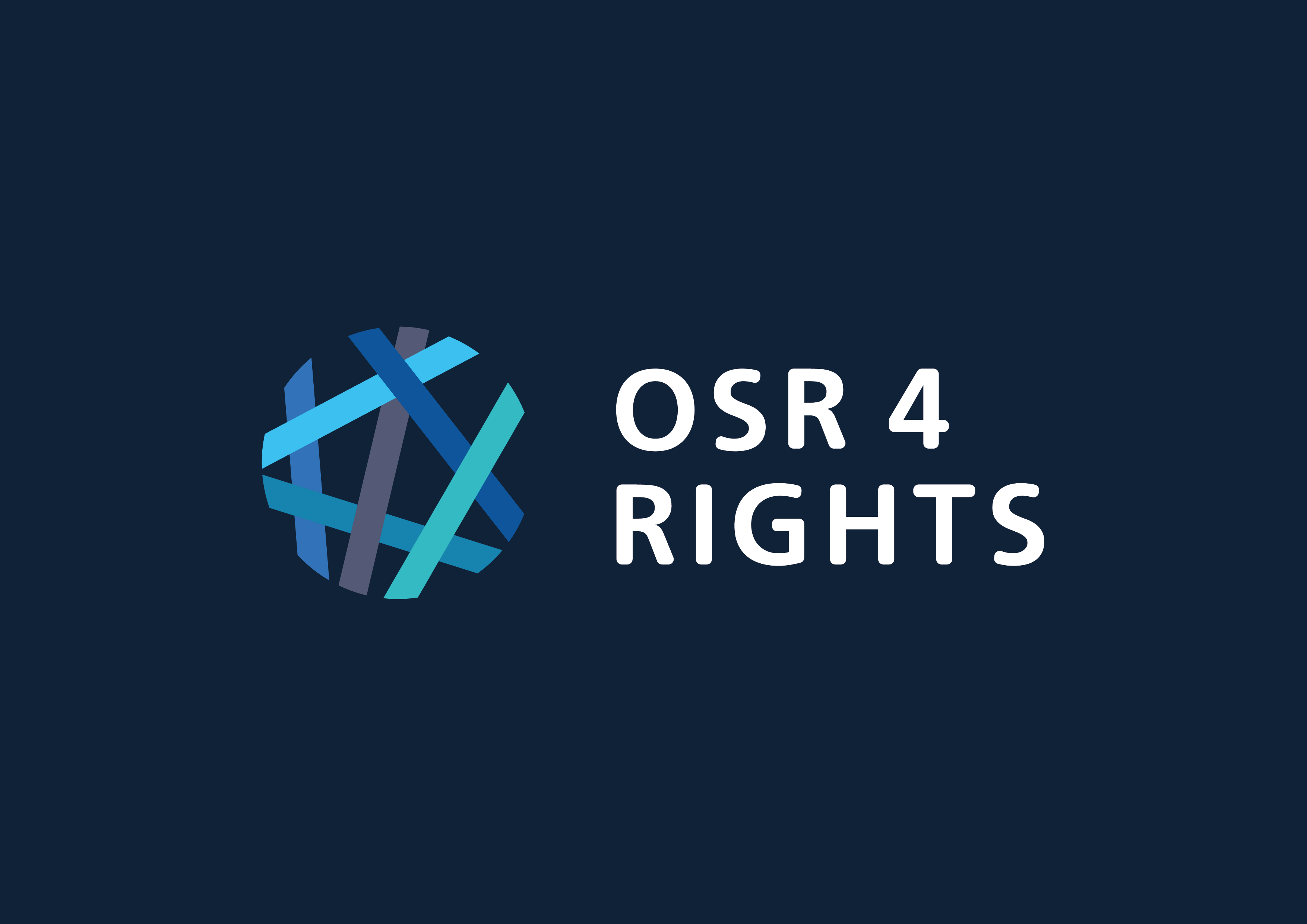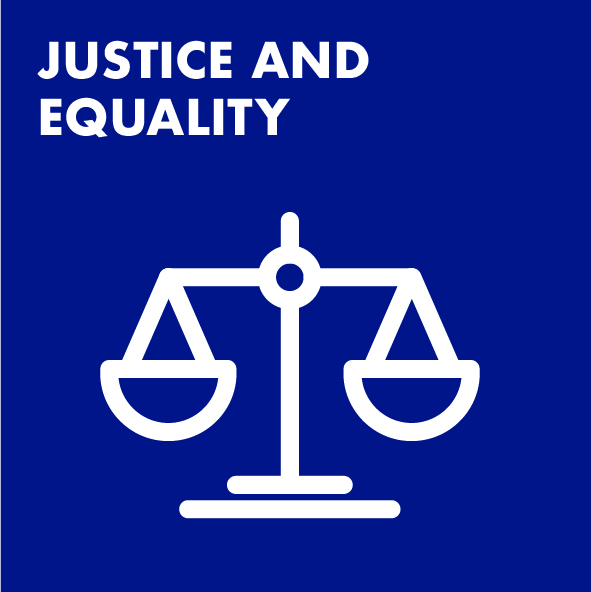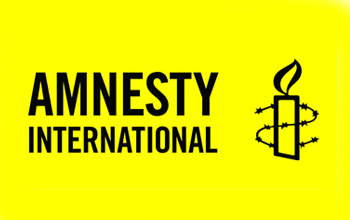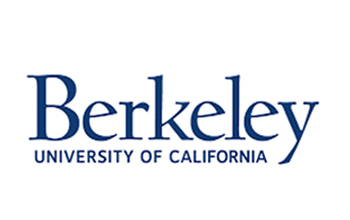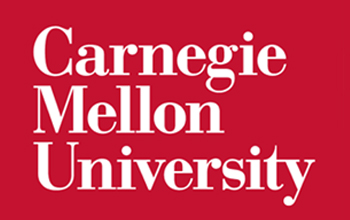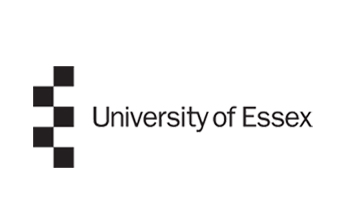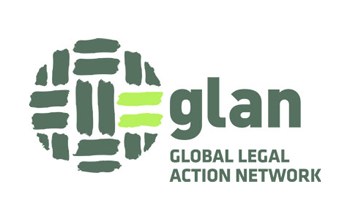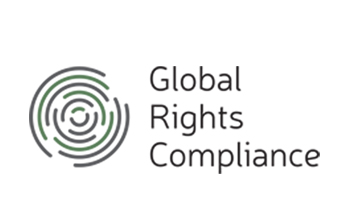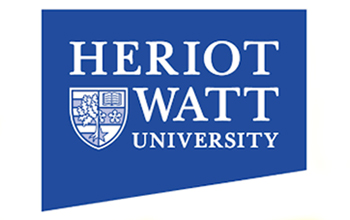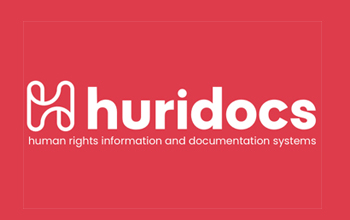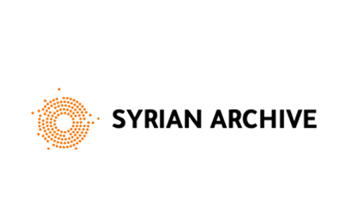The Challenge
Eyewitnesses to atrocities around the world can use their mobile phones to record evidence in real time. This citizen evidence can be useful to legal accountability efforts, particularly when investigators have been unable to gain access to the sites of these atrocities.
A key challenge is how to harness this evidence for human rights fact-finding and accountability. The volume of citizen evidence generated in contemporary conflicts is enormous, and investigators may struggle to find the most relevant pieces of evidence for a particular case. It can also be traumatic to view and analyse this evidence, and concerns abide about how it can meet the admissibility standards required by courts.
The Method
The OSR4Rights team, led by Professor Yvonne McDermott Rees at the Hillary Rodham Clinton School of Law, has sought to examine the extent to which open source evidence is transforming human rights fact-finding, and how technology can help overcome some of the barriers to its use in court.
As well as legal research based on a large number of interviews with human rights investigators, these interdisciplinary projects have developed new technological tools for the preservation and analysis of open-source evidence. These projects involve collaborations with academics from Heriot-Watt University, University of Essex, University of Manchester, University of California, Berkeley, Carnegie Mellon University and Ateneo de Manila University, and industry partners GLAN, Amnesty International, various United Nations bodies, Syrian Archive, WAPR – Philippines, VFRAME, and Huridocs.
The team has received funding from the ESRC, NESTA, Cherish-DE, HEFCW’s Research Wales Innovation Fund, and the Global Challenges Research Fund.
The Impact
OSR4Rights has provided training and tools for the investigators, lawyers and judges pursuing accountability for human rights violations. The ultimate beneficiaries are the victims of those violations seeking justice, and witnesses to atrocities, who often take enormous personal risks in recording and sharing this evidence online.
Methodologies for human rights investigations
The OSR4Rights team has delivered training to groups such as UN fact-finding bodies, Syrian investigators, Uyghur expat groups, the Foreign, Commonwealth & Development Office, INTERPOL, Europol, and United States Congressional staffers, to ensure that best practices for conducting investigations are followed and incorporated into methodologies.
By providing methodological guidance, they have ensured that investigations are carried out to the highest international ethical and legal standards, and that open-source evidence is admissible in court.
Development of tools to assist investigations
The technical tools developed to facilitate the conduct of open-source investigations are saving investigators time and resources – enabling them to focus on critical analysis rather than admin – as well as preserving the chain of custody of information.
The Auto-Archiver tool has been used to preserve thousands of images and videos of evidence of human rights violations in Ukraine, Israel/Palestine, Iran, and Myanmar, while FireMap and the hate speech detection tool have been used in investigations in Ethiopia and Sudan.
Informing use of open-source information in legal settings
The OSR4Rights team has extensively shared its research findings in bespoke training and presentations delivered to thousands of lawyers and judges from a range of domestic and international jurisdictions, including the International Criminal Court, the International Court of Justice, and the Mechanism for International Criminal Tribunals. The team worked on an open-access guide for judges on evaluating open-source information, which has been published in English, Ukrainian, Arabic, French and Spanish.


